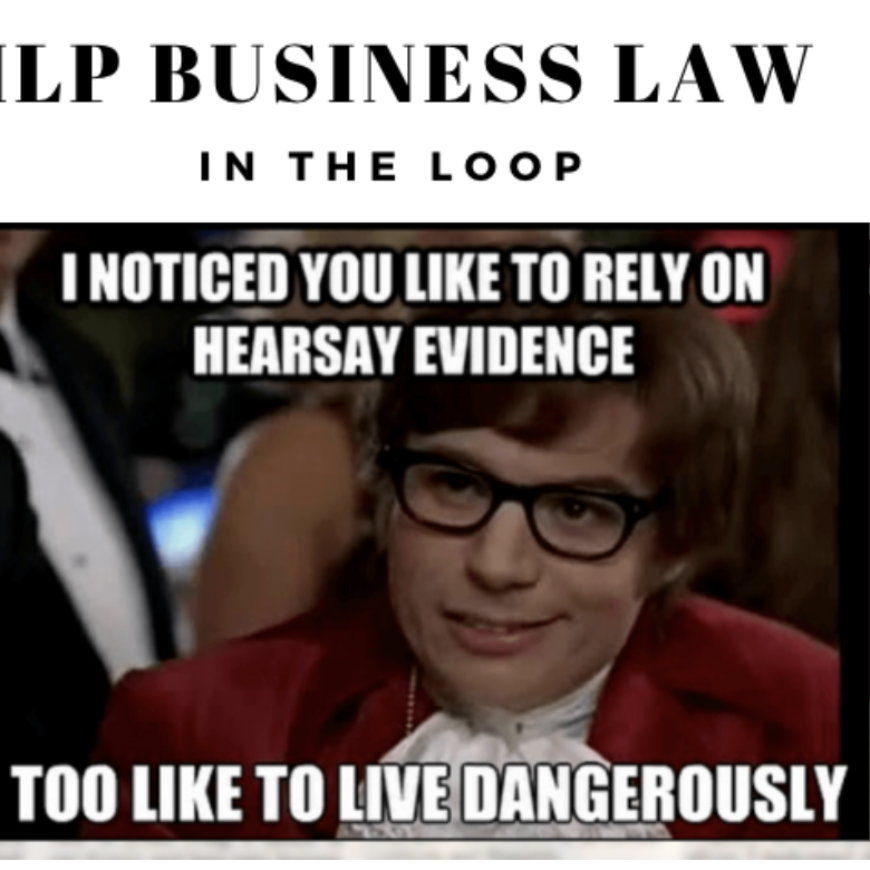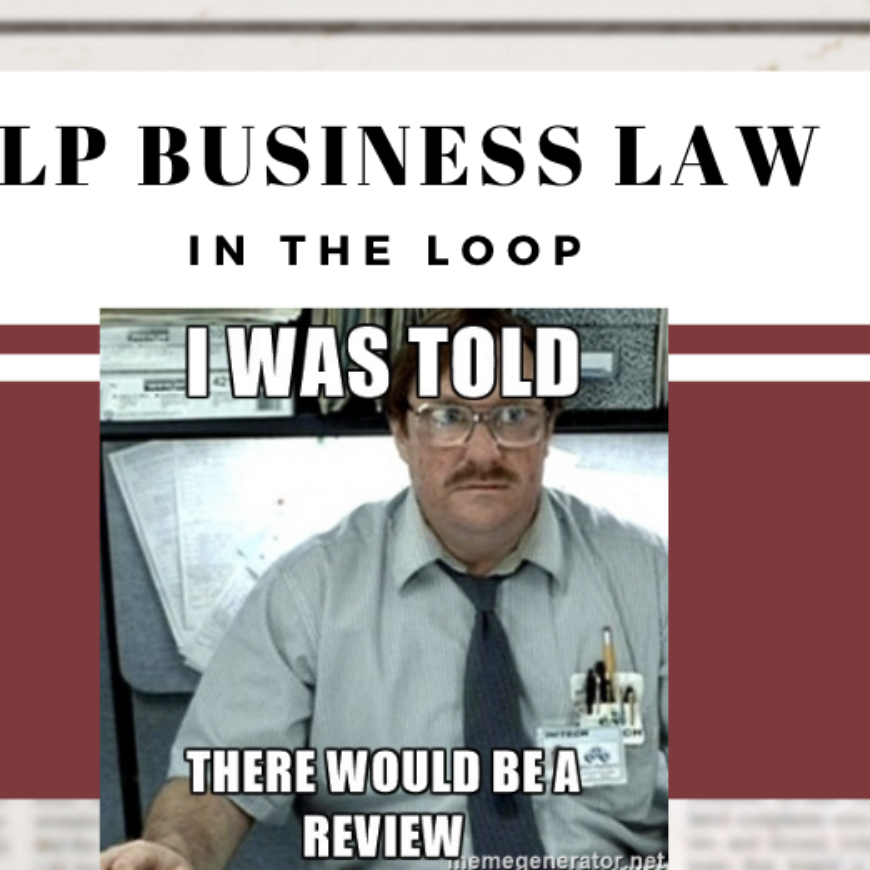Thomas Stilp, JD, MBA/MM, LLM, MSC
For Eureka, Illinois, home of President Ronald Regan, in a bizarre concatenation of events a 9-year old boy was charged with arson and the murder of five people.
Sitting in court, in blue slacks and a checkered shirt, in a chair where his feet didn’t touch the ground, the boy listened to a judge trying to explain the process:
“. . . you set fire to the trailer residence on [the] same date and everything, only in this instance, Ariel Wall died. Do you understand what is alleged in count four?”*
“Yes,” said the boy.
“In count five, it alleges essentially the same thing, only it alleges the death of Rose Alwood. Do you understand what is alleged in count five?”
“Yes, sir.”
Later, the boy’s attorney interrupted, “Your Honor, I apologize – he told me he doesn’t know what alleged means.”
The judge tries to explain – the boy nods and later, his attorney says, “He wants to know what arson is, Your Honor.”
The judge tries to explain that “Arson is the name of a crime. That you knowingly caused a fire to occur at real property . . .” And on it goes.
Under the English common law the defense of infancy was expressed as a set of presumptions in a doctrine known as doli incapax. A child under the age of seven (7) was presumed incapable of committing a crime. The presumption was conclusive. Children aged seven to under fourteen were presumed incapable of committing a crime but the presumption was rebuttable. The prosecution could overcome the presumption by proving that the child understood what they were doing and that it was wrong.
In a system that has developed over centuries (a trial by jury started almost 800 years ago at a place called Runnymede, England), there are hundreds of “presumptions” at law. Although the presumption of doli incapax is rare, a good attorney will know what presumptions will apply to a client’s particular case and how to use the presumption. These are things that “Zippo Legal” and other internet sites could not even begin to describe.
*The story is based on a summary from R. Nickeas, The Chi. Trib., “Judge Explains to Child Charges He Faces in Fatal Fire,” 10/23/19 p. 1.



